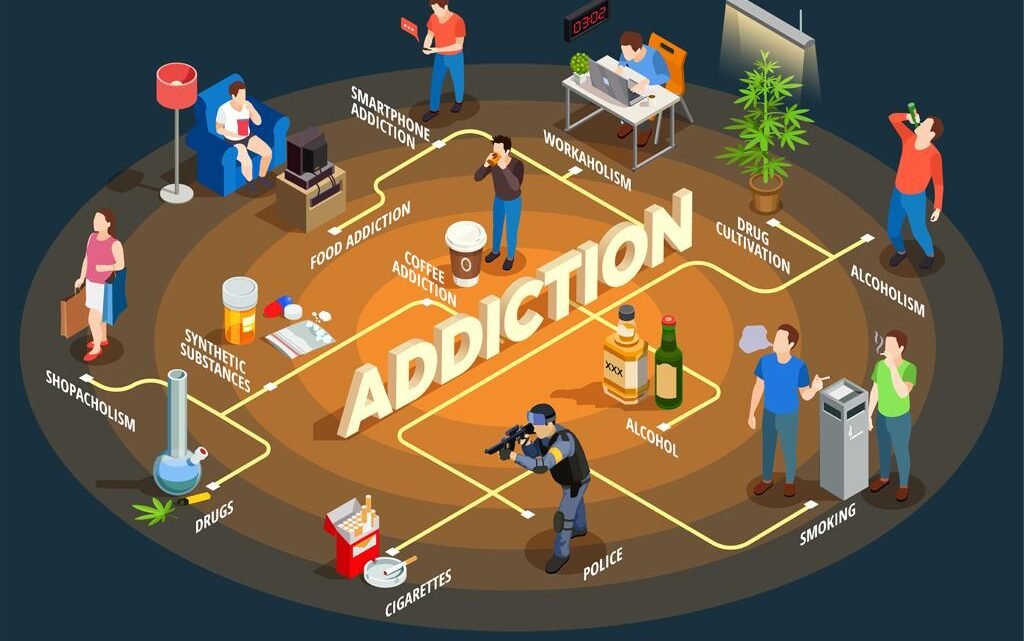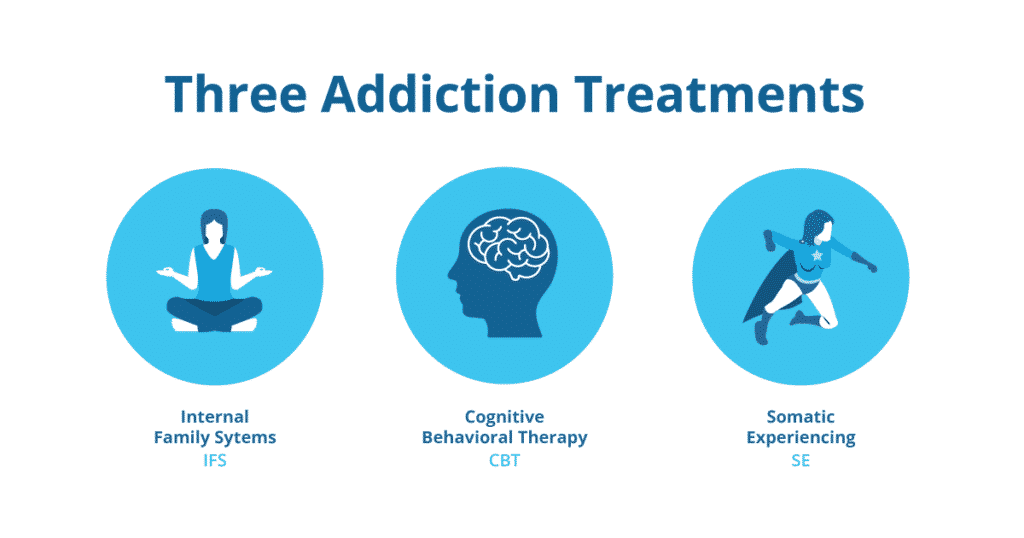
Addiction Therapy
Addiction therapy is a multifaceted approach to helping individuals overcome substance use disorders and addictive behaviours. It involves various treatments and support systems tailored to the needs of the person seeking recovery. In this blog, we’ll explore the different aspects of addiction therapy, including common questions and insights.

addiction treatment
What is Addiction Therapy?
Addiction therapy encompasses a range of treatments designed to help individuals stop compulsive drug-seeking behaviours and maintain long-term sobriety. This can include behavioural therapy, medication, support groups, and holistic approaches.
A Brief Overview of Addiction Therapy Approaches
Addiction therapy is a multifaceted process that involves various methods to help individuals overcome substance use disorders. Each approach offers unique benefits and can be tailored to meet the specific needs of the person in recovery. In this blog, we’ll provide a brief overview of four primary approaches: Behavioral Therapy, Medication-Assisted Treatment (MAT), Support Groups, and Holistic Approaches.
Behavioural Therapy
Behavioural therapy focuses on changing unhealthy behaviours through structured interventions. It’s a cornerstone of addiction treatment due to its effectiveness in addressing the psychological aspects of addiction.
Cognitive Behavioral Therapy (CBT):
Helps individuals identify and change negative thought patterns that lead to substance use.
Teaches coping skills to handle triggers and stress without resorting to substance use.
Dialectical Behavior Therapy (DBT):
Emphasises emotional regulation, mindfulness, and distress tolerance.
Particularly effective for individuals with co-occurring mental health disorders.
Contingency Management:
Uses positive reinforcement, such as rewards or incentives, to encourage sobriety and adherence to treatment.
Medication-Assisted Treatment (MAT)
MAT combines medications with counselling and behavioural therapies to treat substance use disorders. It is particularly effective for opioid and alcohol addictions.
Methadone:
A long-acting opioid agonist that reduces withdrawal symptoms and cravings.
Administered under medical supervision in specialised clinics.
Buprenorphine:
A partial opioid agonist that helps reduce cravings and withdrawal symptoms.
Can be prescribed by certified physicians, offering more accessibility.
Naltrexone:
An opioid antagonist that blocks the euphoric effects of opioids and alcohol.
Can be administered as a daily pill or monthly injection.
Support Groups
Support groups provide a community of peers who share similar experiences and challenges, offering mutual support and encouragement.
12-Step Programs:
Includes groups like Alcoholics Anonymous (AA) and Narcotics Anonymous (NA).
Follows a structured program of recovery based on spiritual principles and peer support.
Non-12-Step Programs:
Programs like SMART Recovery focus on self-empowerment and evidence-based techniques.
Emphasises self-reliance, motivation, and scientifically validated methods for recovery.
Holistic Approaches
Holistic approaches address the overall well-being of the individual, integrating physical, mental, and spiritual health into the recovery process.
Yoga and Meditation:
Helps reduce stress, improve mental clarity, and enhance emotional balance.
Encourages mindfulness and a greater connection between mind and body.
Art and Music Therapy:
Provides creative outlets for expressing emotions and experiences related to addiction.
Can help in processing trauma and developing healthier coping mechanisms.
Acupuncture:
An alternative therapy that can help alleviate withdrawal symptoms and reduce cravings.
Promotes relaxation and overall physical well-being.
What are the signs that someone needs addiction therapy?
Recognizing the need for addiction therapy can be challenging. Signs may include:
- Inability to control substance use.
- Neglecting responsibilities at work, school, or home.
- Continuing to use substances despite negative consequences.
- Experiencing withdrawal symptoms when not using the substance.
How do I choose the right type of therapy?
Selecting the right therapy depends on the individual’s specific needs, preferences, and the substance involved. Consulting with a healthcare professional or addiction specialist can help in making an informed decision.
Can addiction be cured?
Addiction is considered a chronic disease, which means it cannot be “cured” in the traditional sense. However, it can be effectively managed with ongoing treatment and support, allowing individuals to lead healthy and fulfilling lives.
What role does family play in addiction therapy?
Family involvement is crucial in addiction therapy. Family therapy sessions can help repair relationships, improve communication, and provide a support system for the individual in recovery.
How long does addiction therapy take?
The duration of addiction therapy varies depending on the individual and the severity of the addiction. Some may require several months of intensive treatment, while others may benefit from years of ongoing support.
Are there any side effects to medication-assisted treatment?
Like any medication, those used in MAT can have side effects. These can range from mild (nausea, headaches) to more serious (respiratory issues, liver damage). It’s important to discuss potential side effects with a healthcare provider.